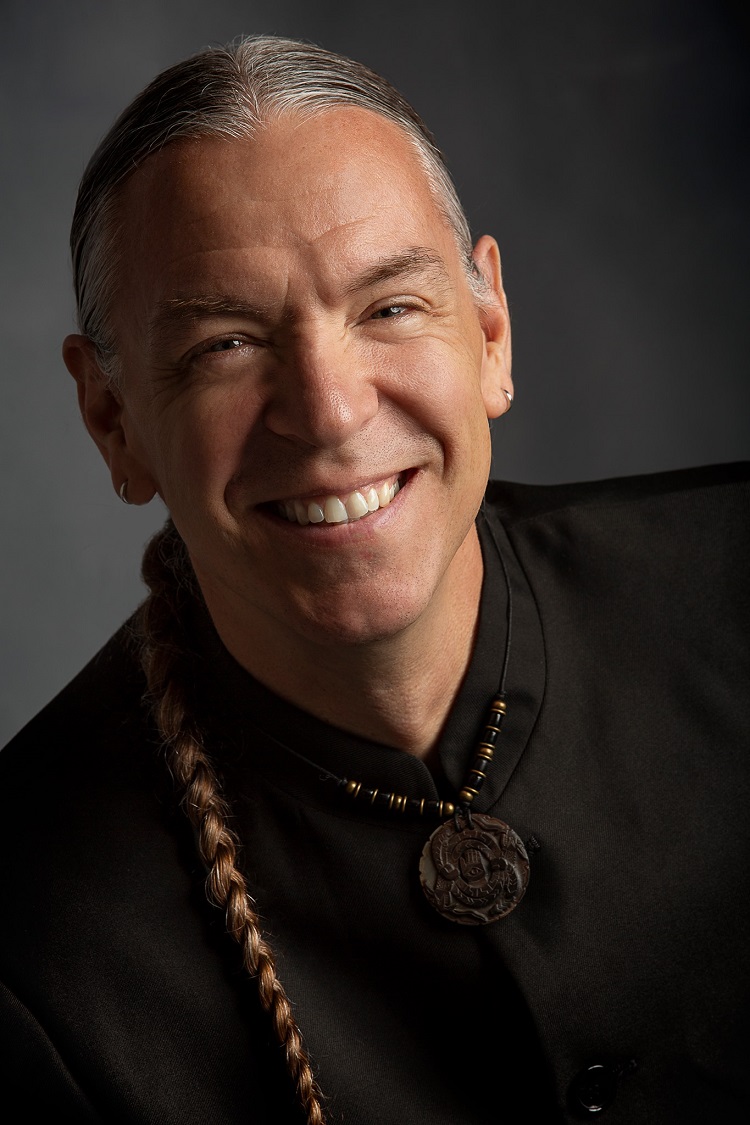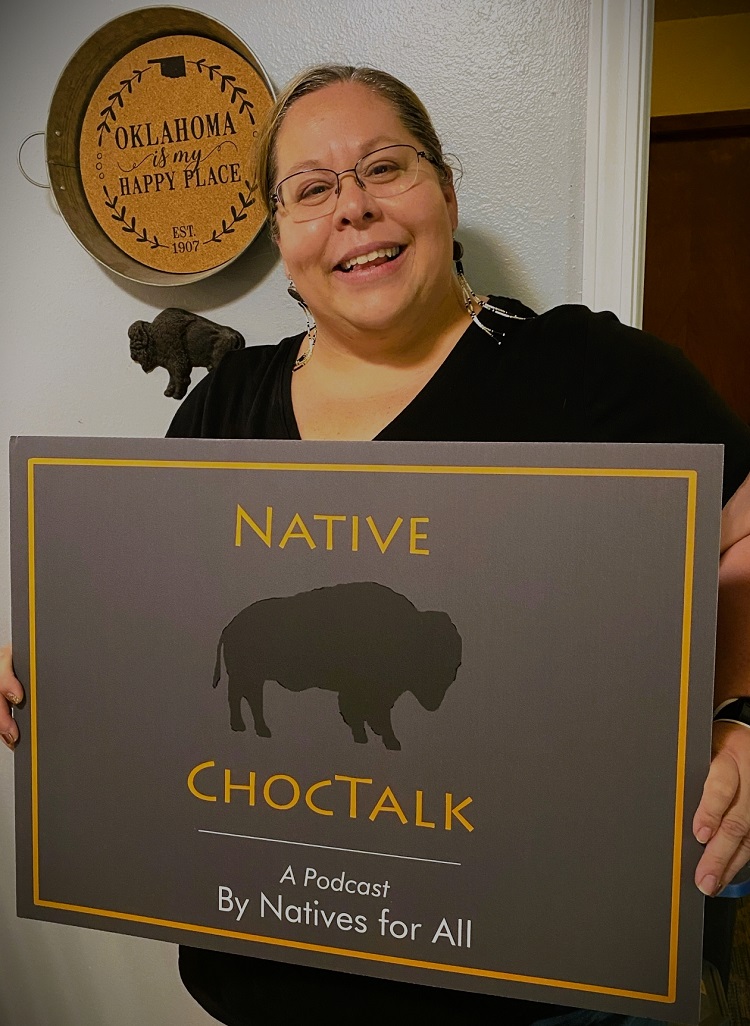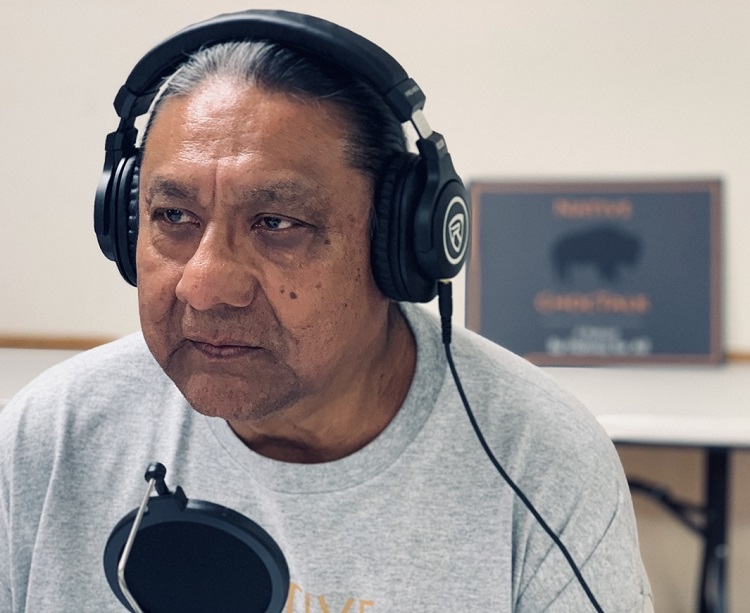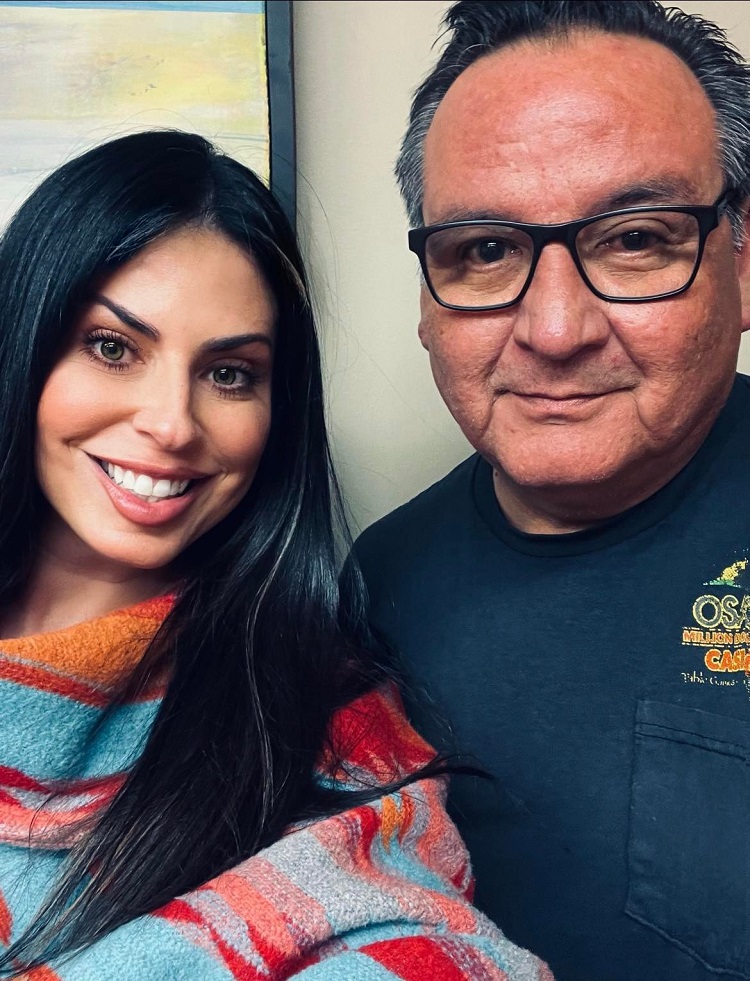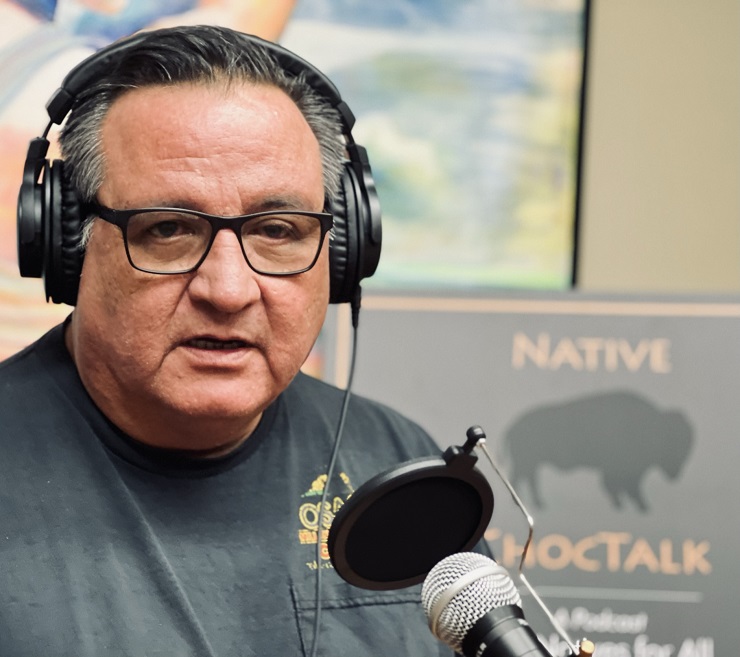Prior to non-Natives settling in what is now the United States, Native American spirituality had solidified over centuries, differing within each tribe.
But it wasn’t long after the settlers arrived that missionaries felt called (and/or were appointed) to spread the gospel of Jesus to the Indigenous people. Some missionaries grew to love their friendships with the Natives, even adopting some of their culture, language and ways of life, some even creating dictionaries which thankfully today can be attributed to the preservation of languages that otherwise would have become “dust in the wind”. Again, some evangelists cared for and didn’t wish to change the Indians, but rather sought to act as a liaison and mentor in an inevitably changing world, for the sake of the survival of the tribes.
Some tribes welcomed the missionaries and adopted Christianity, even holding to and passing their faith on to future generations, into present day. On the other hand, some of their peers then and now perceived this adherence to Christianity as contribution to the breakdown of their ancient culture and their long-established spirituality.
The darker side to this infiltration of the missionaries was brought upon by those who had a more sinister goal in mind. That “kill the Indian, save the man” mentality meant at times “beating” the spirituality, language, culture and traditions out of the Indigenous people so that the non-Natives would be more easily able to assimilate them into their own culture and grab their land and resources. One may wonder, how could any person draw near to a God who used such vessels who would abuse them.
Some American Indians gave up their centuries-old spirituality in exchange for Christianity, while others defied the white man’s ways and took their beliefs and practices underground, fearful of the ramifications of being discovered, but even more afraid of giving up all they had ever known, which by that time was only hanging on by a thread. And yet, there was still another option that many grew to adopt – a hybrid, so-to-speak of the two (both their ancient spirituality and their newly adopted religion).
And still today, an inner turmoil often arises for those who practice Christianity in tandem along with their centuries-old spiritual traditions. At church, they don’t dare tell their Christian friends that they still go to Indian Church, for fear of being judged. And yet, they won’t tell their Native friends that they go to a Christian church, due to accusations of giving in to colonization. But a new revelation has come about for some who are now openly practicing their Christian faith along with their spiritual traditions. Some say you can’t mix the two, others say it’s not for anyone to judge.
You may recall my friend and guest who appeared in Season 1 - Monroe Tsatoke (Kiowa), descendent of Hunting Horse and Monroe Tsatoke of the well-known artists group, The Kiowa 5/Kiowa 6. Today, Monroe and I come to you from Hunting Horse United Methodist Church in Lawton, Oklahoma where Monroe lovingly leads as Pastor, and he has kindly agreed to share his take on this controversial subject.
You’ll hear about:
• The history of the United Methodist Church among Native Americans
• Monroe’s long legacy of family preachers
• How many years back, prayer (or “cottage”) meetings lasted from morning to night
• His own recollections of being talked down to by outside missionaries coming into the Native community
• How Stumbling Bear was one of the first Methodist Kiowas to convert to Christianity
• How the United Methodist Church of Oklahoma was able to get Native American attendance
• About his grandparents who would walk 5 miles to church every Sunday to preach
• If you haven’t heard the story of the Tin Lizzie from last time, you’re in for a treat!
• How Monroe almost ruined the Christmas pageant
• Hilarious stories from Kiowa country
• And I can’t help but give you a spoiler – Monroe himself sings a hymn for us in Kiowa. I hope his words and voice will bless your soul.
You are invited to hear Monroe preach at Hunting Horse United Methodist Church: 611 S 25th, Lawton, OK 73505; service at 11:00 am on Sundays (communion is the 1st Sunday of each month)
Yakoke, Monroe for your kind and encouraging spirit and for all you do in our communities!
All Podcast Episodes: https://nativechoctalk.com/podcasts/
Native ChocTalk Facebook page: https://www.facebook.com/nativechoctalkpodcast

